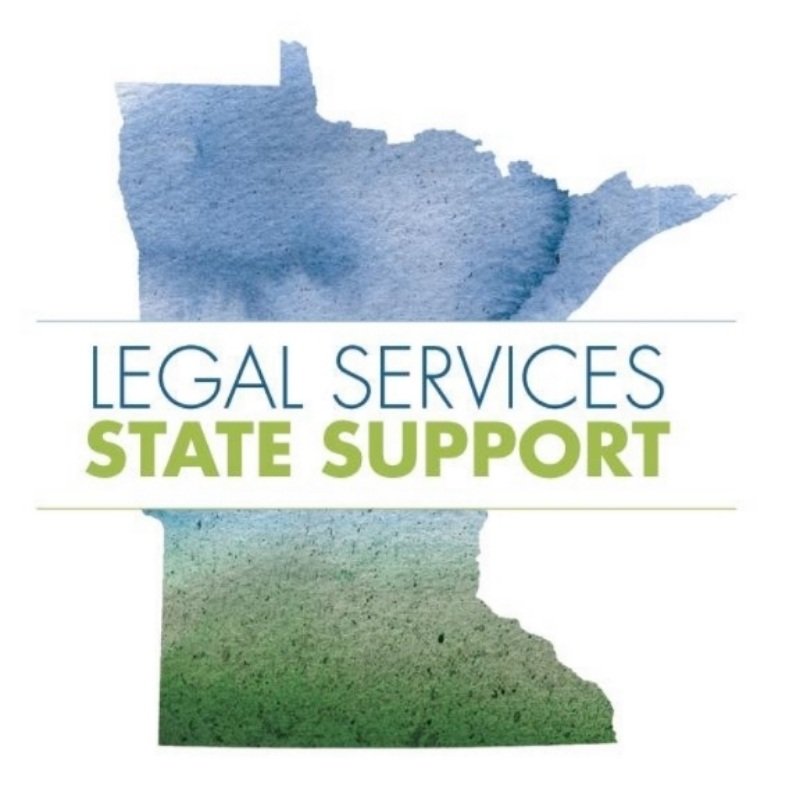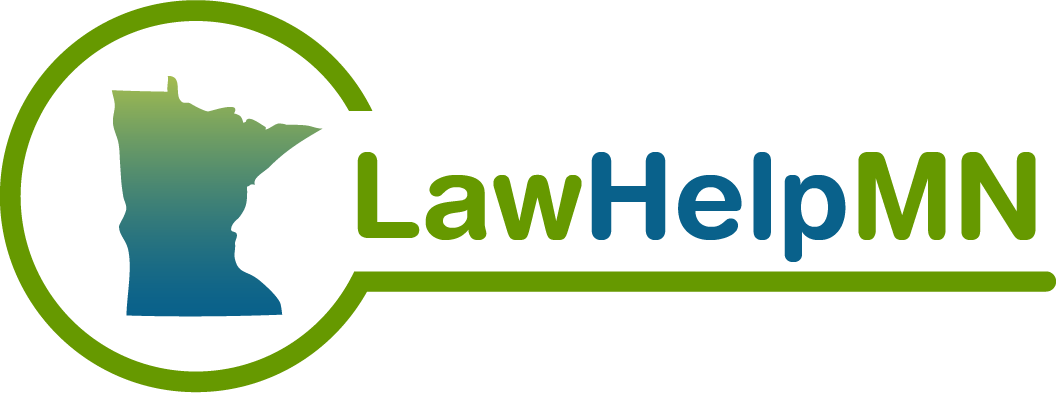The highly anticipated launch of the recently rebuilt LawHelpMN.org is just around the corner! In a short time, site visitors will find a clean modern look, a new guided tool for gathering curated legal resources and referrals and familiar and thoughtfully improved features such as the self-help library and the provider and clinic directory. Months of feedback, user testing and behind the scenes work from the staff at State Support and our website developer, Electric Citizen, will soon become a reality for frequent users of the site, as well as those discovering it for the first time.
Here’s a preview of key features from the soon-to-be launched site:
Navigational Assistance/Targeted Resources and Referrals: The LawHelpMN Guide
The LawHelpMN Guide (the Guide) is designed to deliver a customized set of self-help resources and referrals that address an individual’s specific legal concern or problem. These curated results are generated in response to an individual’s answers to a series of simple questions within the Guide intended to: 1) narrow their legal topic, and 2) assess their potential eligibility for services based on a variety of factors including location and income.Password Protected Online Database: LOON (Legal Organizations Online Network)
LOON was developed to house up-to-date information about legal services available across Minnesota. Service listings in the database include information about case types and priorities, case acceptance guidelines, clinics, and eligibility criteria. LOON usage began late last year within the legal services community to enable legal services providers to make more accurate referrals amongst each other through password-protected access to detailed, real-time data. Once the rebuilt LawHelpMN.org site launches, LOON will also power the referral information available to site visitors using either the Guide or the providers and clinic directory.Expanded Continuum of Services: Access to Justice for All Minnesotans
Offering meaningful referrals along a continuum means including referrals that are tailored to the individual’s circumstances across a broad range of services, such as legal aid organizations, legal clinics, law libraries, self-help centers, alternative dispute resolution services, and private attorney referral programs. Some recently developed or expanded services that will now be available as referrals on LawHelpMN.org include the Minnesota Unbundled Project, Community Mediation Minnesota, and the Low Fee Family Law Project.
The LawHelpMN.org redesign was conducted in partnership with Legal Services of Northwest Minnesota, Mid-Minnesota Legal Aid, the Volunteer Lawyers Network, and the Minnesota Judicial Branch. The project is made possible through grant funds from the Legal Services Corporation Technology Innovation Grant Program, the Minnesota Legal Services Advisory Committee, the Minnesota Court Technology Fund, and the Minnesota Justice for All Project.
Here at State Support, it is our sincere hope that as the legal services community begins using the new LawHelpMN.org, you will share your feedback with us. Let us know what’s working, what you love, or if you find technical bugs or glitches, at statesupport@mnlegalservices.org or through the contact form on the new site.





